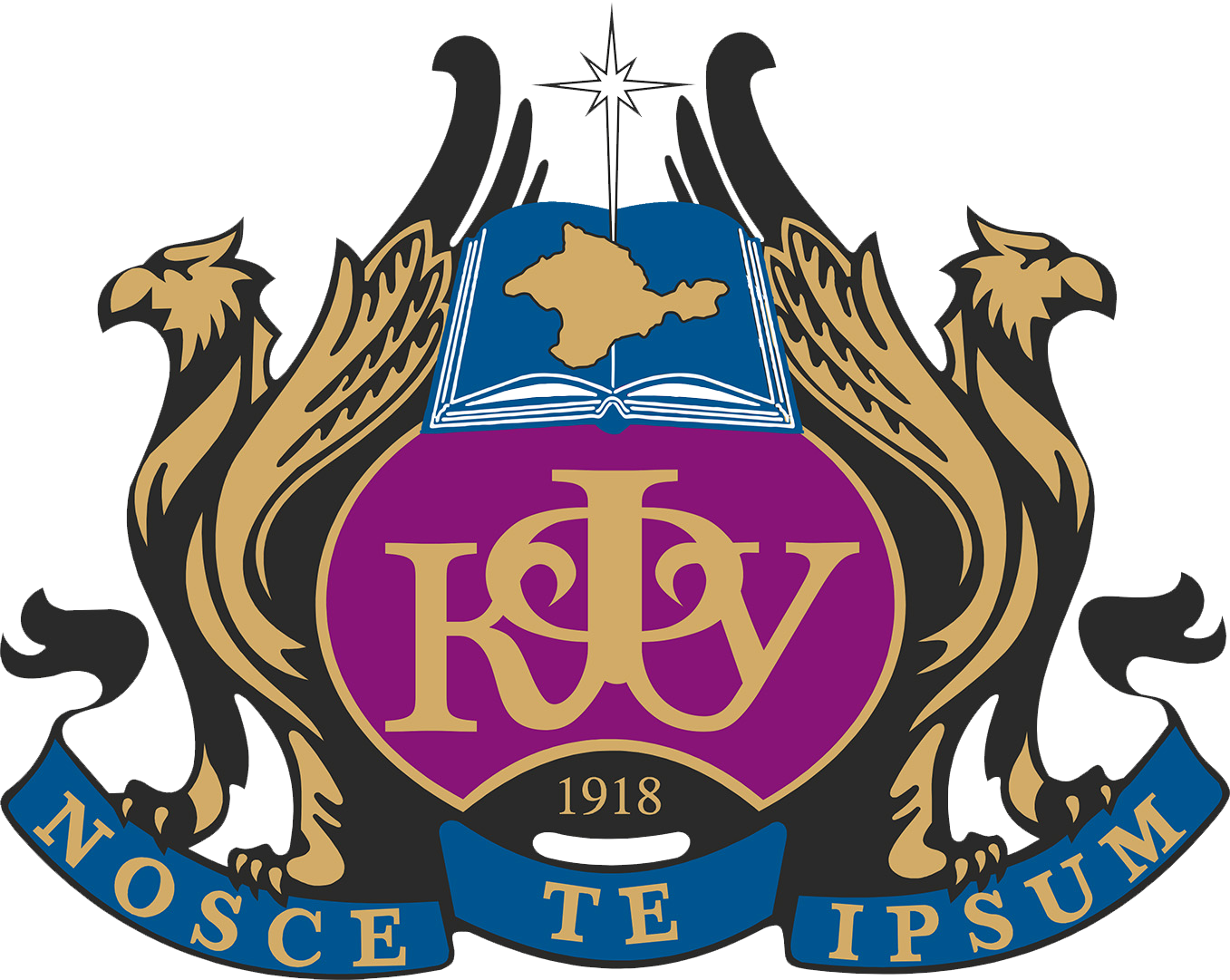The issues of primary and secondary prevention of cardiovascular diseases are given great attention, since they still occupy a leading place in the structure of morbidity and mortality in the general population. Numerous randomized clinical studies have proven the crucial role of dyslipidemia in the occurrence and progression of atherosclerosis, the main risk factor for associated cardiovascular diseases. The analysis and discussion of modern methods of pharmacological treatment of dyslipidemias from the standpoint of the recommendations of the European Society of Cardiology and the European Society of Atherosclerosis 2019. The characteristics of lipid- lowering drug groups and their place in the treatment of dyslipidemia are given. A new class of hypolipidemic drugs – PCSK9 inhibitors with high efficacy and safety according to multicenter double-blind randomized clinical trials is presented.
dyslipidemia, cardiovascular risk, medicamental control, statins, PCSK9 inhibitors
1. Mach F., Baigent C., Catapano A. L., Koskinas K. C., Casula M., Badimon L. 2019 ESC/EAS Guidelines for the management of dyslipidaemias: lipid modi㈷cation to reduce cardiovascular risk. Eur Heart J 2019;40(37):27-38. doi:https://doi.org/10.1093/eurheartj/ehz455.
2. Catapano A. L., Graham L., DeBacker G., Wiklund O., Chapman M. J. 2016 ESC/EAS Guidelines for the management of dyslipidaemias. Eur Heart J 2016;37(39):2999-3058.
3. Bubnova M. G. Lechenie aterogennyh dislipidemiy: sovremennye principy i novye vozmozhnosti. CardioSomatika. 2017;8(2):51-58.
4. Berezin A. E. Global'naya vaskulyarnaya protekciya u pacientov s arterial'noy gipertenziey i giperlipidemiey. Ukrainskiy medicinskiy chasopis. 2013;4(96):53-58.
5. Karpov Yu. A. Evolokumab i regressiya ateroskleroticheskogo porazheniya po dannym vnutrisosudistogo ul'trazvukovogo issledovaniya koronarnyh arteriy. Atmosfera. Novosti kardiologii. 2017;2:2-8.
6. Bohula E. A., Wiviott S. D., Giugliano R. P., Blazing M. P., Park J. G. Prevention of stroke with the addition of ezetimibe to statin therapy in patients with acute coronary syndrome in IMPROVE-IT (Improved Reduction of Outcomes: Vytorin E㈰cacy International Trial). Circulation. 2017;136:2440-2450.
7. Knyazeva Yu. S., Tyurenkov I. N. Rynok gipolipidemicheskih sredstv: klinicheskaya effektivnost', kriterii bezopasnosti i perspektivy primeneniya novyh lekarstvennyh preparatov dlya lecheniya dislipidemiy. Remedium. 2016;9:28-34.
8. Dyadyk A. I., Kugler T. E., Suliman Yu. V., Zborovskiy S. R., Zdihovskaya I. I. Pobochnye effekty statinov: mehanizmy razvitiya, diagnostika, profilaktika i lechenie. Arhiv' vnutrenney mediciny. 2018; 8(4): 266-276. doihttps://doi.org/10.20514/2226-6704-2018-8-4-266-276.
9. Aronov D. M., Bubnova M. G. Klinicheskaya effektivnost' pitavastatina. CardioSomatika. 2018;9(1):17-25.
10. Gupta M., Tummala R., Ghosh R. K. An update on pharmacotherapies in diabetic dyslipidemia. Progress in cardiovascular disease. 2019;19:33-62.
11. Budo〼 M., Brent Muhlestein J., Le V. T. E〼ect of Vascepa (icosapent ethyl) on progression of coronary atherosclerosis on patients with elevated triglycerides (200-499 mg/dL) on statin therapy: rationale and design of the EVAPORATE study. Clinical Cardiology. 2018;41:13-19
12. Elam M. B., Ginsberg H. N., Lovato L. C. ACCORDION Study Investigators. Association of feno㈷brate therapy with long-term cardiovascular risk in statin-treated patients with type 2 diabetes. JAMA Cardiology. 2017;2:370-380.
13. Cosentino F., Grant P. J., Aboyans V., Bailey C. J., Ceriello A., Delgado V. 2019 ESC Guidelines on diabetes, pre-diabetes and cardiovascular disease developed in collaboration with the EASD. Eur Heart J. 2019;40(37):21-23. doihttps://doi.org/10.1093/eurheartj/ehz486.
14. Zhuravleva M. V., Kokushkin K. A., Prokof'ev A. B., Serebrova S. Yu., Kukushkin G.V., Lazareva N. B. Ingibitory PCSK9 v real'noy klinicheskoy praktike: komu, kogda i kak? Kardiologiya: novosti, mneniya, obuchenie. 2018;6(3):31-40.
15. Auer J., Berent R. Alirocumab as add-on therapy to statins: current evidence and clinical potential. Therapeutic advances in cardiovascular disease. 2018;12(7):191-202.
16. Giugliano R. P., Pedersen T. R., Park J. G., De Ferrari G. M., Gaciong Z. A., Ceska R. FOURIER Investigators. Clinical e㈰cacy and safety of achieving very low LDL-cholesterol concentrations with the PCSK9 inhibitor evolocumab: a prespeci㈷ed secondary analysis of the FOURIER trial. Lancet. 2017;390:1962-1971.
17. Karpov Yu. A. Ingibitory PCSK9 v uluchshenii prognoza u pacientov posle ostrogo koro-narnogo sindroma: dannye issledovaniya ODYSSEY OUTCOMES. Racional'naya farmakoterapiya v kardiologii. 2018;14(6):922-934. doihttps://doi.org/10.20996/1819-6446-2018-14-6-922-934.
18. Schwartz G. G., Steg P. G., Szarek M. Alirocumab and Cardiovascular Outcomes after Acute Coronary Syndrome. ㌴e New England Journal of Medicine. 2018;379(22):2097-2107. doihttps://doi.org/10.1056/NEJMoa1801174.
19. Topline ORION-11: Inclisiran Scores on All End Points. August 26, 2019. Available at: https://www.medscape.com/viewarticle/917254.
20. Wilson P. W. F., Polonsky T. S., Miedema M. D. Systematic Review for the 2018 AHA/ACC/AACVPR/AAPA/ABC/ACPM/ADA/AGS/APhA/ASPC/NLA/PCNA Guideline on the Management of Blood Cholesterol: A Report of the American College of Cardiology/American Heart Association Task Force on Clinical Practice Guidelines. Journal of the American College of Cardiology. 2019;73(24):3210-3227.
21. Ray K. K., Bays H. E., Catapano A. L., Lalwani N. D. CLEAR Harmony Trial. Safety and E㈰cacy of Bempedoic Acid to Reduce LDL Cholesterol. New England Journal of Medicine. 2019;380(11):1022-1032. doihttps://doi.org/10.1056/NEJMoa1803917.












